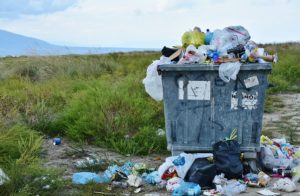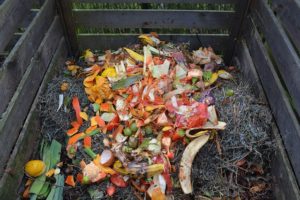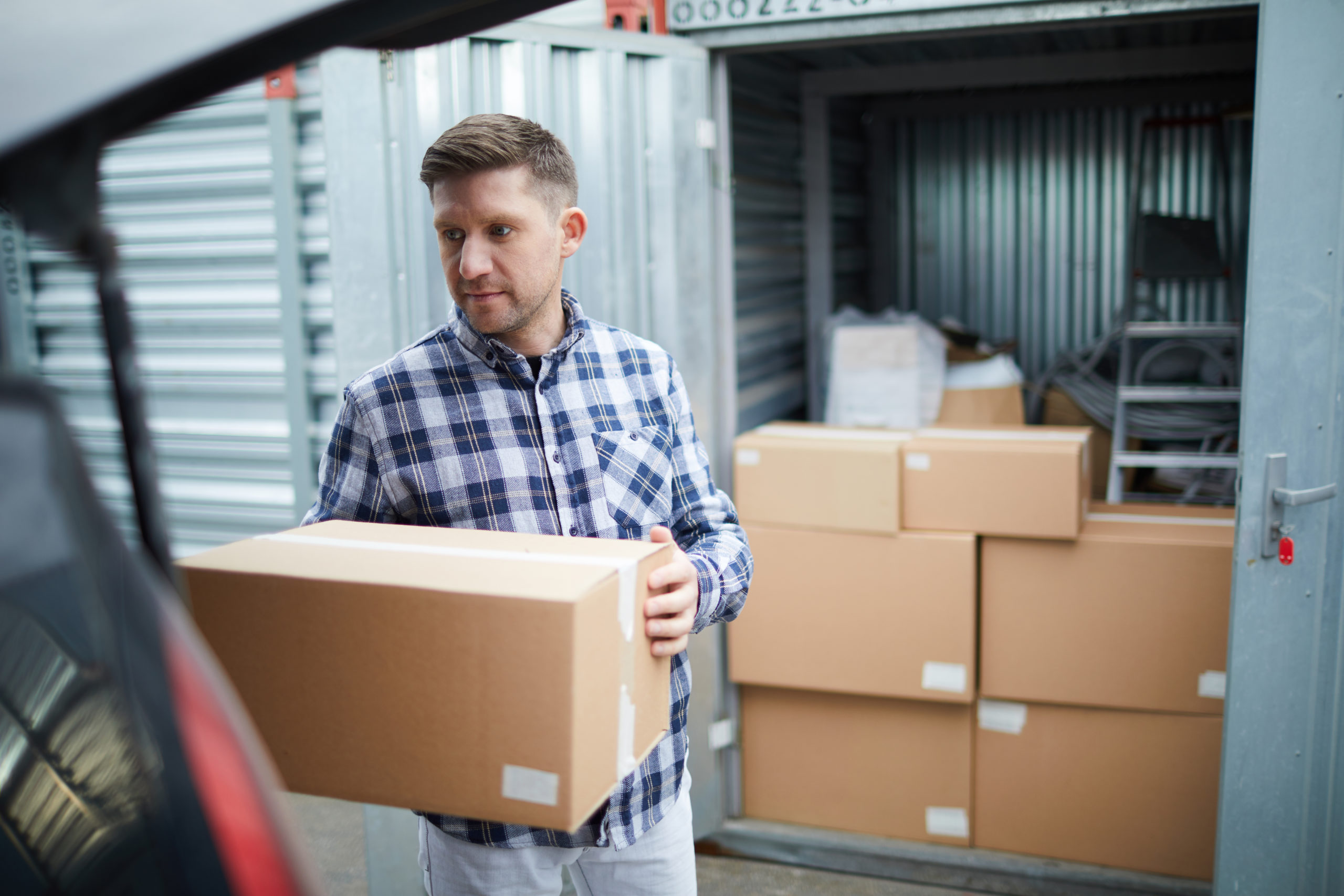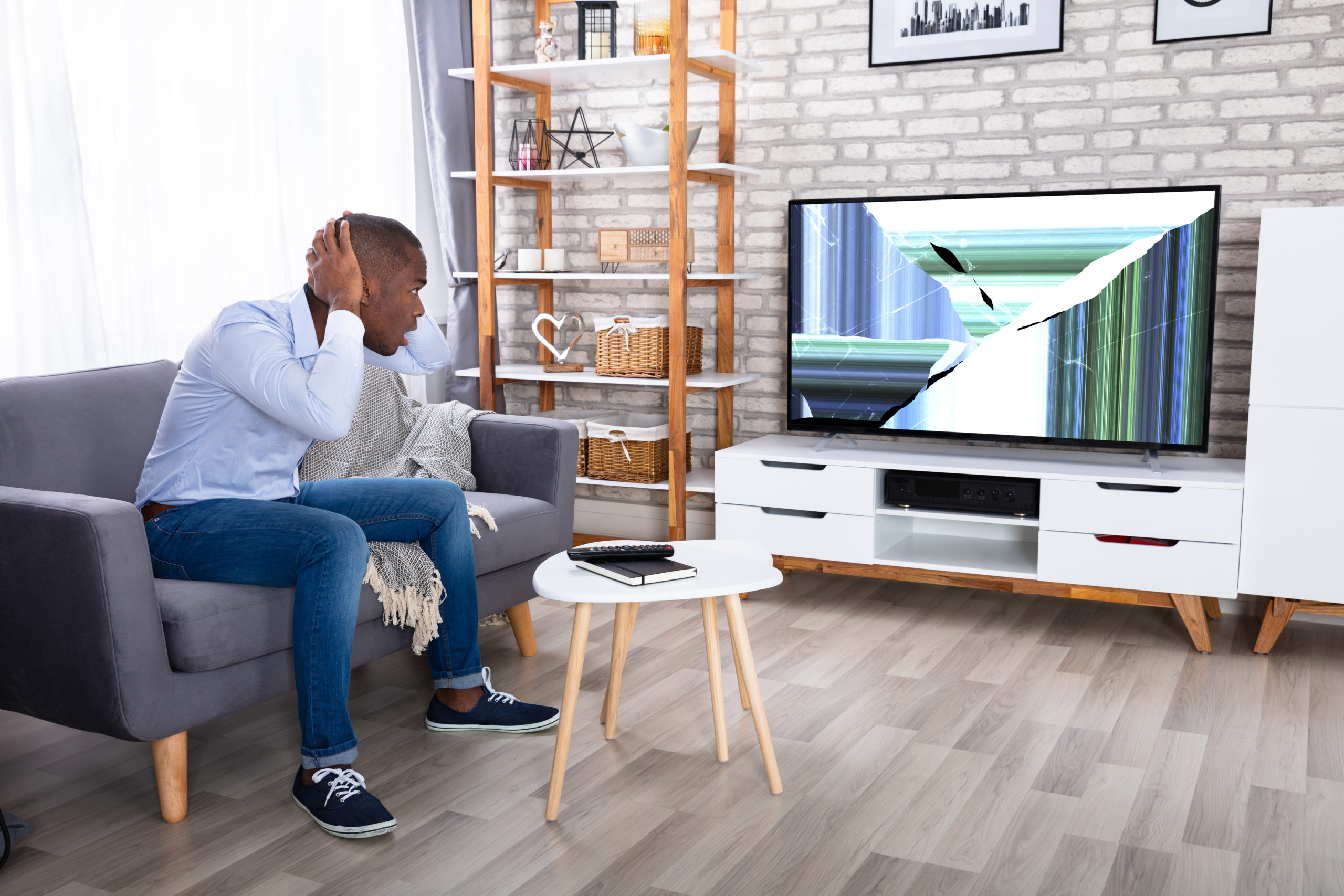
If you live in the Pacific Northwest, you know all about being eco-friendly. From the car you drive to the toilet paper you use, eco-friendly is the name of the game. Some areas are more passionate than others, Seattle, WA and Portland, OR for example, but the overall mentality of reduce, reuse, and recycle is regional.
And for good reason.
In fact, for at least three good reasons we’ll address here.
There’s only one earth
We only have one chance to be good stewards of this earth. If the industrial age taught us anything, it’s that progress and development come at a cost – often to our health and usually to the environment. But, both can still be achieved while maintaining balance to the health of all. This is the true challenge of innovation, and it starts with recycling.
In a publication by the University of Southern Indiana1, we get an idea of the discarded resources by Americans each year. Three startling statistics in their report:
If every American recycled just one-tenth of their newspapers, we would save about 25,000,000 trees a year.
An estimated 80,000,000 Hershey’s Kisses are wrapped each day, using enough aluminum foil to cover over 50 acres of space — that’s almost 40 football fields. All that foil is recyclable, but not many people realize it.
The aluminum discarded each year is enough “to rebuild the US commercial air fleet four times over.”
Those are some pretty scary numbers considering they’re every day items each of us uses. That doesn’t even touch on how the local ecology is affected or the loss of wildlife habitat that happens as a result of landfill creation. How often do we think of the ramifications of throwing something in the trash, versus the recycling bin? All those resources are wasted.
Decreases pollution
When most people think of recycling they think of paper and soda cans and landfills. That’s correct! But that’s not all. Recycling also encompasses yard and food waste, plastic shopping bags, food and storage containers – all sorts of everyday items that often find themselves in landfills – and our air. What do you think happens to junk that sits in landfills? Or to the junk that gets incinerated? Here a few things that happen:
Animals and people scavenge landfills for useable and eatable items. These then leave the landfills and find their ways onto streets, waterways, and into parks.
Food stuffs and soiled items degrade and rot releasing fumes and gases into the air.
Over time, junk becomes depressed into the ground potentially poisoning the local soil.
How can this spread of litter and pollution be prevented by recycling? According to a Springfield Collage address by Professor Frank Torre2
• Recycling paper reduces air pollution by 75%.
• Steel from recycled sources cuts air emissions by 85% and cuts 76% of water pollution.
Steep numbers for simple steps.
Saves – and creates – valuable energy
There has been criticism in the past that recycling items like glass expends more energy than simply producing new products. This is not so. At least not with the data collected by Recycling Revolution. Taken directly from their site, here are facts on energy and recycling:
• The energy saved from recycling one glass bottle can run a 100-watt light bulb for four hours or a compact fluorescent bulb for 20 hours. It also causes 20% less air pollution and 50% less water pollution than when a new bottle is made from raw materials.
• Mining and transporting raw materials for glass produces about 385 pounds of junk for every ton of glass that is made. If recycled glass is substituted for half of the raw materials, the junk is cut by more than 80%.
• Each ton (2000 pounds) of recycled paper can save 17 trees, 380 gallons of oil, three cubic yards of landfill space, 4000 kilowatts of energy, and 7000 gallons of water. This represents a 64% energy savings, a 58% water savings, and 60 pounds less of air pollution!
• The construction costs of a paper mill designed to use junk paper is 50 to 80% less than the cost of a mill using new pulp.
Although we can’t easily get rid of landfills, they can be put to good use. Republic Services, a national junk management company, is making use of the landfills they currently have to create gas-to-energy projects. Methane, a naturally occurring byproduct of decomposing landfill waste, is what they are using to “generate electricity, offset fossil fuel consumption and reduce greenhouse gas emissions to create economic and environmental benefits for our communities.”3
Action you can take today:
Start recycling!
If you don’t already have one, set up a recycling bin in your home for things like paper and aluminum. This is also a great time to set up a compost area. This could take shape in the form of another bin under the sink, a coffee can on the counter, or purchasing a special compost container from a local store. Don’t forget to line your container with compostable bags for easy clean up! When collection day comes, simply drop the bags in with your yard debris. Or, if you don’t have yard debris removal in your area, Curb-It will recycle it for you. No load is too small.
Say no to Styrofoam.
Request that your favorite restaurants start using recyclable materials for their take home containers. Styrofoam stays on this earth for centuries. It is not recyclable. If your office uses Styrofoam cups, encourage the purchase of insulated paper cups instead.
Use less.
Scratch paper is just that, scratch paper. It’s not anything that’s going to be turned it for a grade. So, write on both sides! Write sideways, write with multiple colors of ink to separate thoughts. Use up the space on the paper before tossing it in the recycle bin. How about jars? Can you use them to store screws or nails in? Or buttons or coins? Even egg cartons are an excellent resource to use to start seedlings. Take care that everything you recycle has been used to its fullest while in your home.
If you haven’t discovered by now that Curb-It (iPhone, Android; (888) 220-8743) is an advocate for recycling – we are! If you have stuff you are ready to get rid of, give us a call and we’ll happily whisk them away to a recycling or donation site. You don’t even need to be there!
Leave it to Curb-It to responsibly dispose of items as we have man resources we use in an effort to avoid the landfill. We want to do all we can to be an eco-friendly business and to encourage others to stand up and say ‘Yes!’ to our planet.






